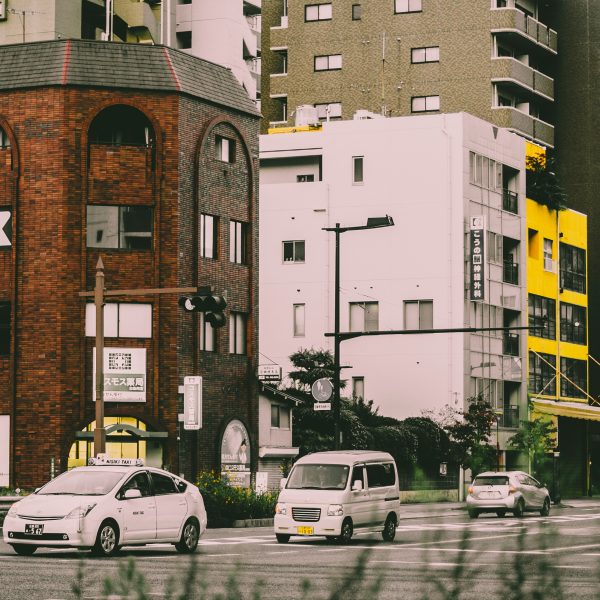New Climate Council report shows one in six ECEC centres are exposed to air pollution

A new Climate Council report has revealed that one in six schools and early learning services in Australia’s capital cities are exposed to air pollution from busy roads, heightening the risks of asthma and respiratory conditions.
“Airborne hazard: How air pollution harms our kids” reveals 827 schools and more than 2,300 childcare centres in Australian capital cities are within 100 metres of a busy road, a finding which is of great concern for Climate Councillor and public health physician, Dr Kate Charlesworth.
“Spending time playing outdoors should be joyful, but when you live, work or play near busy roads it can also make you sick. Children, who are still developing and breathe faster, are among the most vulnerable,” she said.
“We know that inhaling air pollution can be as bad for them as sucking in secondhand cigarette smoke. As a mum and as a doctor, I want to see fewer and fewer people showing up unwell in our health system because of air pollution.”
Key findings of the report include:
- Coal, oil and gas is behind most of the air pollution Australians breathe in.
- Children exposed to air pollution face an increased risk of short- and long-term health issues, including asthma attacks, reduced lung function and respiratory conditions.
- One in six Australian schools and childcare centres across Australia’s capital cities are located within 100 metres of a busy road. That equates to more than 2,300 childcare centres and 827 schools.
- Childcare centres are the most likely to be located near a busy road (21 per cent), followed by secondary schools (17 per cent), and primary schools (15 per cent).
- In 2021, air pollution in Australia was linked to an estimated 4,250 premature deaths, more than triple the 1,130 deaths that occurred in car accidents that year. (Health Effects Institute and Australian Road Deaths Database)
The good news, Dr Charlesworth said, is that solutions – such as reducing transport pollution by cleaning up vehicles and investing in shared and active transport.
“There’s no reason why we can’t be doing more to clean up our roads and our lungs at the same time, right now,” she said.
“We’ve started cutting transport pollution with electric vehicles and encouraging people in our cities to use shared and active means of getting around, but we need to move faster.”
Board Chair of Parents for Climate Dr Harriet Fesq warned that Australia can no longer “treat kids’ lungs like air pollution filters.”
“Kids need protection to develop strong, healthy bodies and are particularly vulnerable to damage from air pollution from the time they are in the womb,” she said.
“The good news is that we know how to cut traffic pollution and clean up our neighbourhoods. This is a once-in-generation opportunity that will cut climate and air pollution, whilst paving the way for better outcomes in health and learning for our kids.”
















